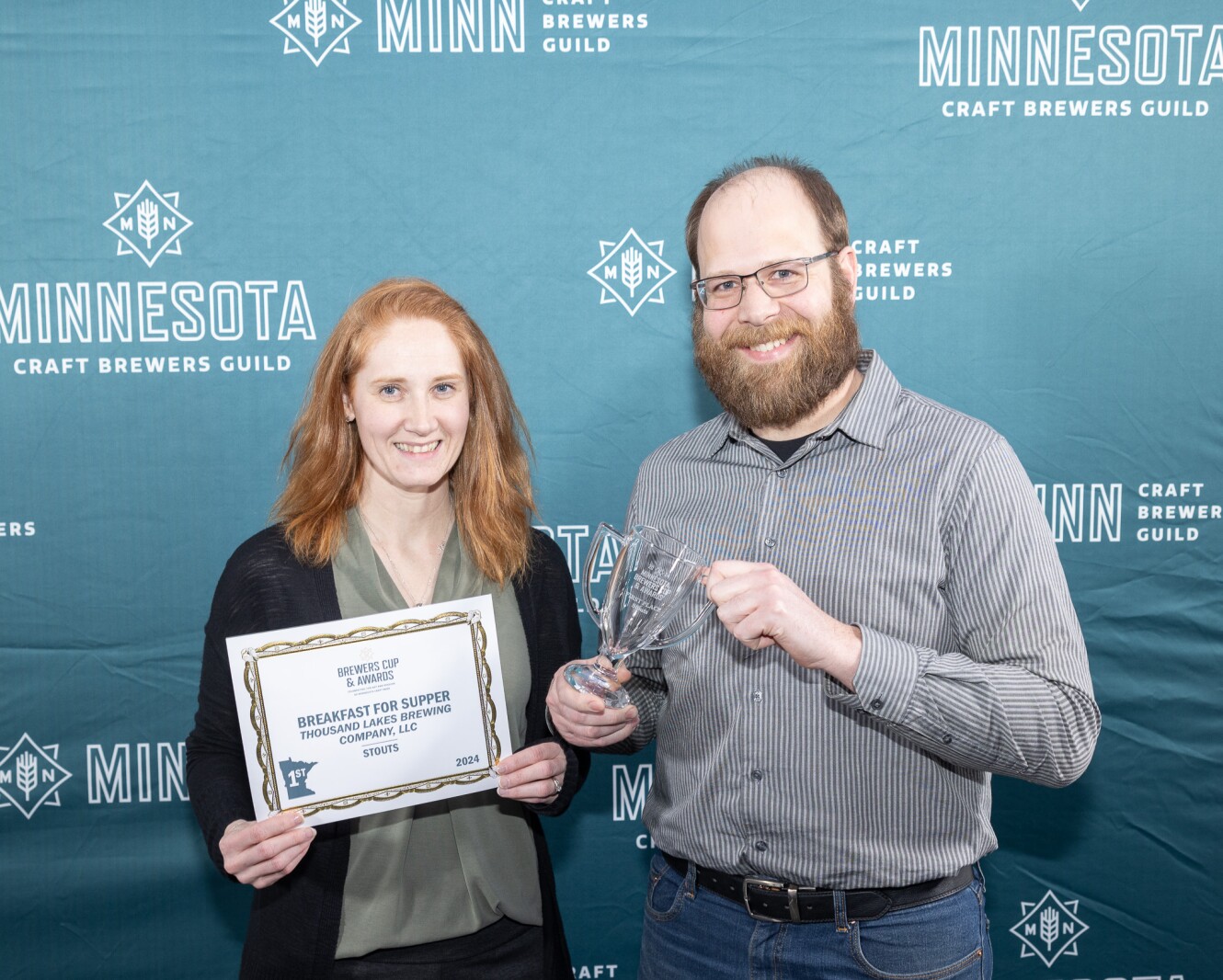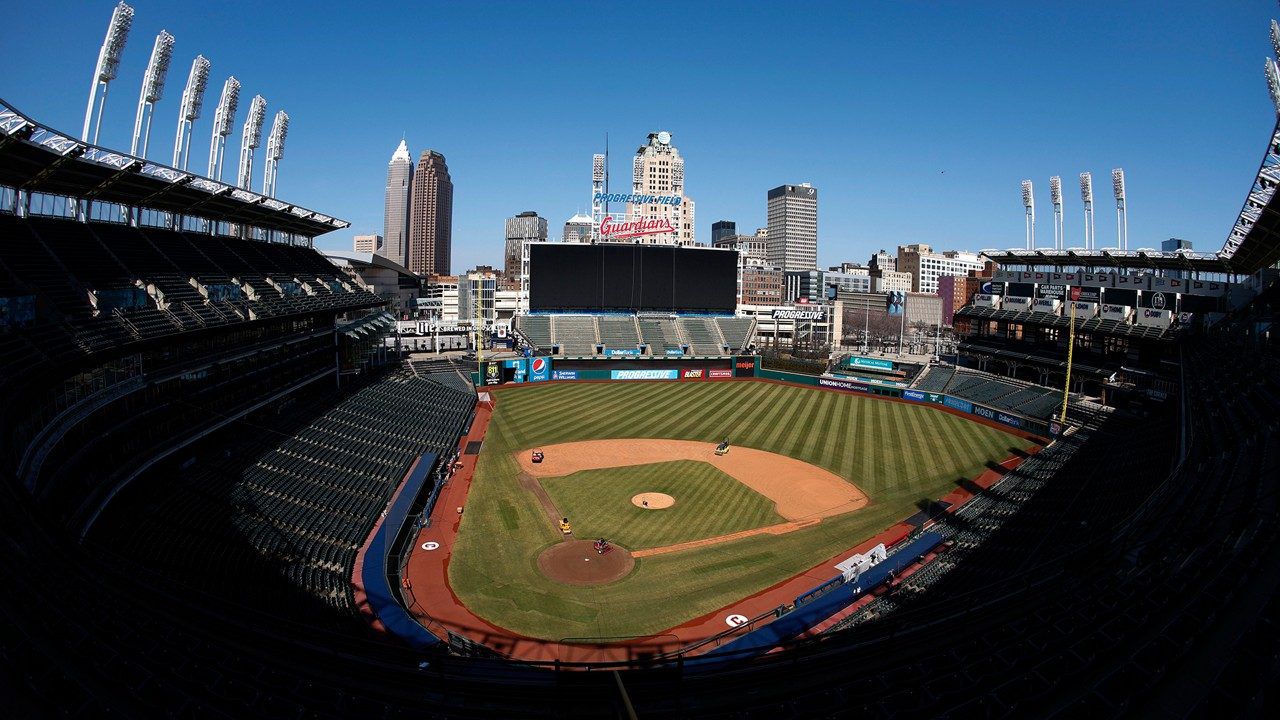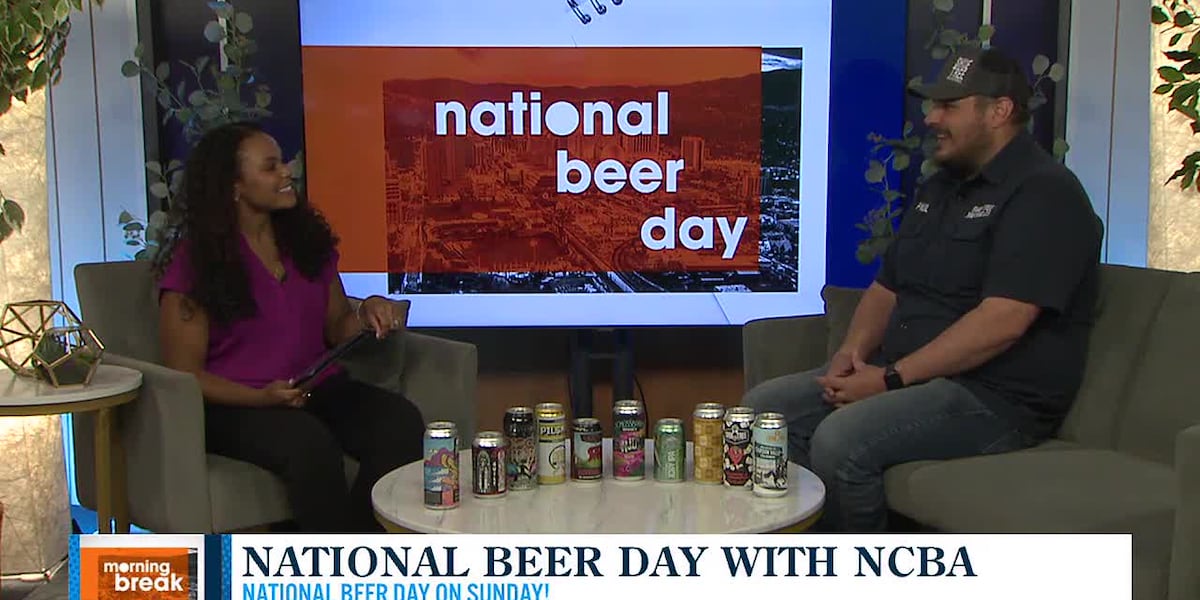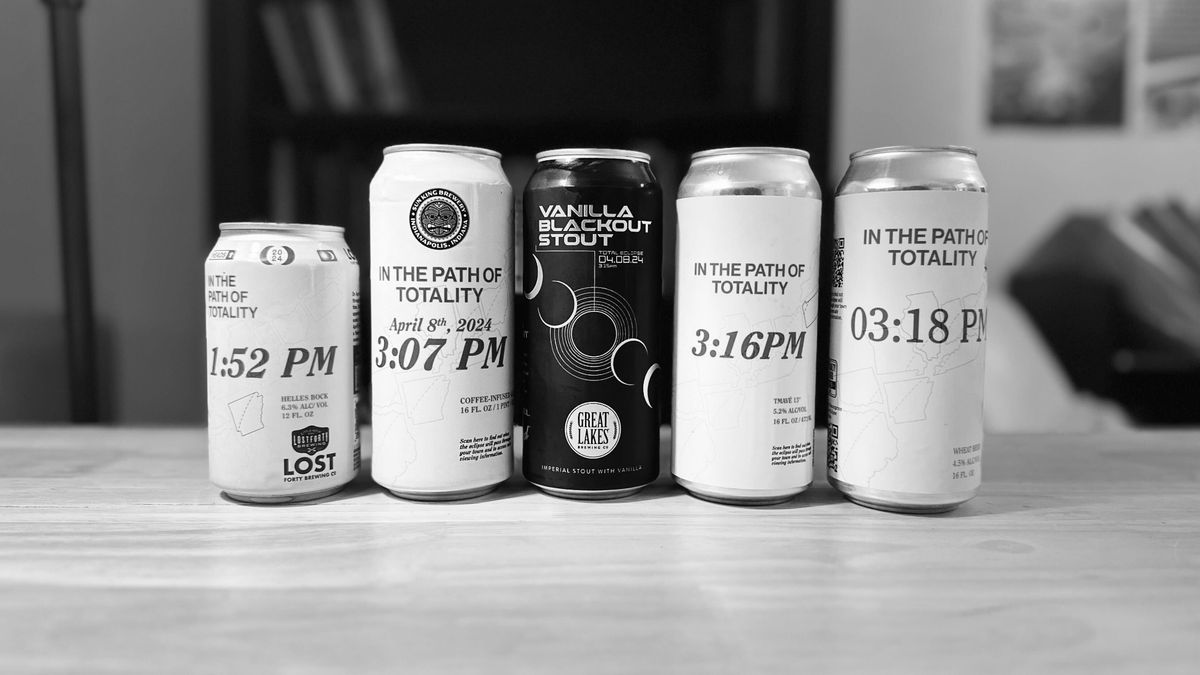The Brewing Battle Over Non-Compete Agreements in the Craft Brewing Industry
In the vibrant world of craft brewing, a heated discussion has bubbled to the surface over the use of non-compete agreements, casting a shadow over the industry’s collaborative spirit. As the Federal Trade Commission (FTC) proposed rule looms, aiming to eradicate these agreements industry-wide, the craft brewing community finds itself at a pivotal crossroads. The practice, deeply ingrained in corporate America, has brewed controversy and debate amongst craft beer aficionados and professionals alike.
The Heart of the Controversy: Non-Compete Clauses in Craft Brewing
The craft brewing industry, celebrated for its innovation and camaraderie, is now scrutinized for its reliance on non-compete agreements. These clauses have long served companies in protecting business interests, yet they contradict the open, innovative ethos the craft brewing industry embodies. The Boston beer Company, a frontrunner in the industry, has faced waves of criticism for its stringent enforcement of these agreements, sparking a broader conversation about the balance between business protection and a free, competitive job market.
Non-compete agreements have locked talented professionals out of the market, stifling growth and creativity—a crucial aspect of craft brewing‘s charm. Moreover, these policies have triggered legal challenges, with former employees fighting against what they perceive as unfair barriers to their career progression.
Legislative Crossroads: The FTC’s Bold Move
In an unprecedented step, the FTC issued a Notice of Proposed Rulemaking in 2023, targeting non-compete agreements across various sectors, including the craft brewing industry. This proposed rule, scheduled for a vote in April 2024, suggests a complete ban on such agreements, citing their negative impact on wage growth, job mobility, and market competitiveness. This move by the FTC, reflecting growing governmental skepticism towards non-competes, has sparked a fervent debate on the future of employment practices.
The Ripple Effects: Weighing the Pros and Cons
The controversy surrounding non-compete agreements brings to light the ongoing tension between safeguarding business interests and fostering a vibrant, competitive workforce. Proponents argue these agreements are vital for protecting trade secrets and investments in employee training. Conversely, critics highlight the negative effects on job mobility and wage growth, asserting that these agreements can hinder the dynamic and collaborative nature that defines the craft brewing industry.
As the craft brewing industry and the broader corporate world stand at a crossroads, the implications of the FTC’s proposed rule could indeed be far-reaching. The debate over non-compete agreements signifies a crucial moment in the industry’s history, calling into question the future of employment practices in a rapidly evolving job market.
With the FTC’s proposed rule on the horizon, the craft brewing industry faces a pivotal challenge. Will it continue to embrace non-compete agreements, or will it brew a new path forward, prioritizing innovation, collaboration, and open competition? One thing is clear: the outcome of this debate could redefine employment contracts not just in craft brewing, but across various industries, marking a significant shift in American labor practices and corporate culture.







